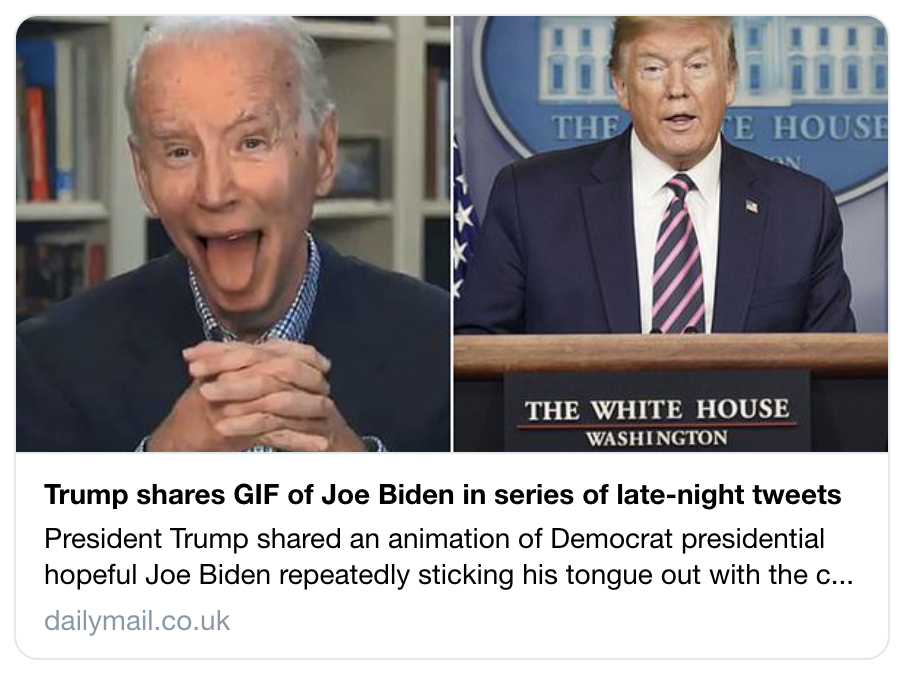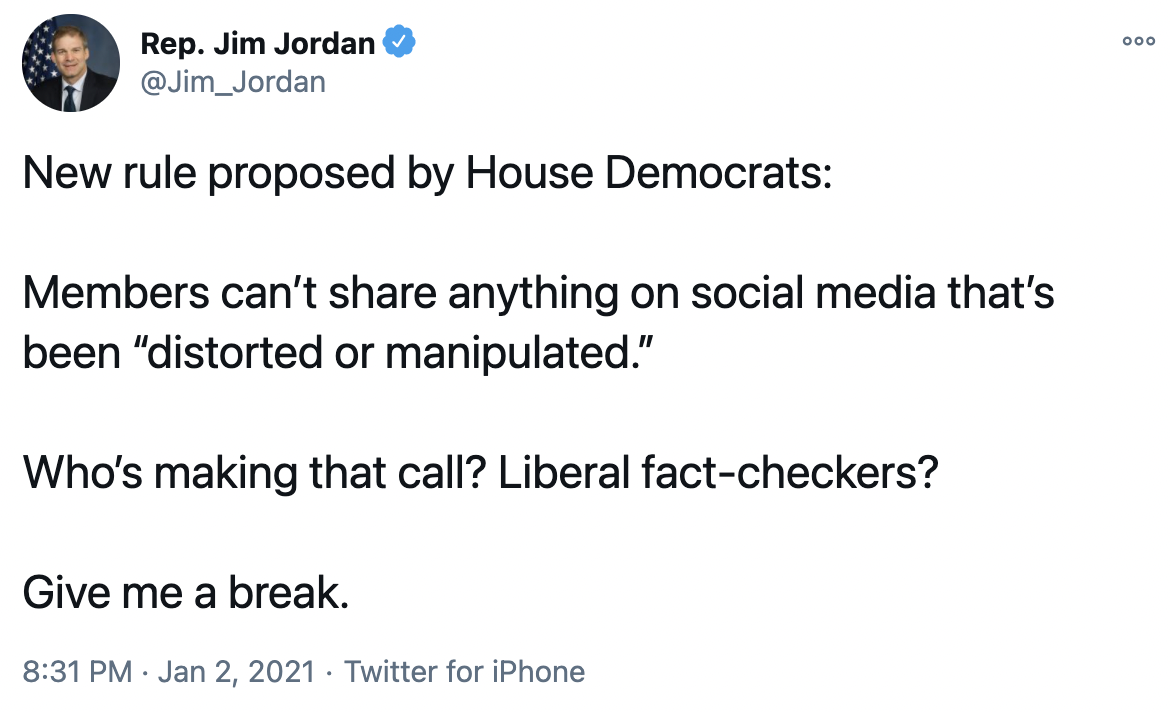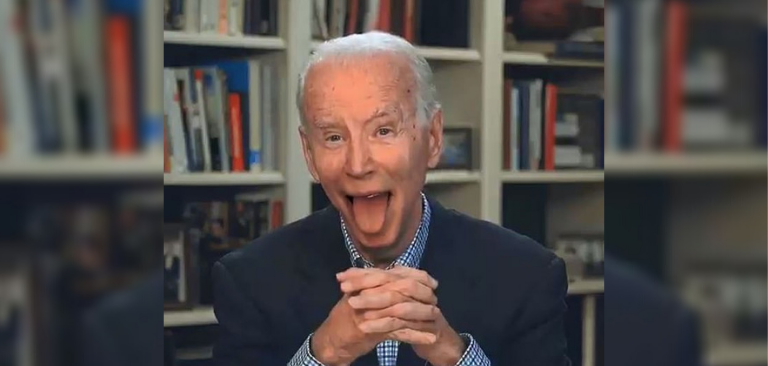Thus far, online censorship, justified by the need to fight “misinformation,” has been done in the US largely at the discretion of tech giants and their social networks – even though often under political and corporate media pressure.
But now, a proposal floated in the US Congress could solidify the practice of silencing speech on these grounds, specifically amid Congress members and staffers.
We obtained a copy of the draft bill for you here.
A resolution presented in the House of Representatives seeks to punish members of congress and their staffers found to be spreading “manipulated media content.” On social media included.
The new rules would be incorporated in the Code of Official Conduct, while the resolution, introduced by Democrat and House Majority Leader Steny Hoyner, would instruct the Committee on Ethics to see to amending the existing code in a way that would limit speech of Congress members and staff for spreading “misinformation.”
These instructions would have to be submitted by the end of 2021, the draft bill said. The proposal specified that disciplinary action would be taken “for the dissemination by electronic means, including by social media, of any image, video, or audio file that has been distorted or manipulated with the intent to mislead the public.”

As ever, such initiative or policies surface one key question: who decides what’s misinformation, who decides what criteria guide such broadly-worded rules, and how can fairness and objectivity be guaranteed?
Just like tech giant’s terms of service and other rules that are cited in cases of censorship and deplatforming, the proposed bill doesn’t go into any of these details and doesn’t offer a clear definition of what would be considered distorted or manipulated content.
This lack of clarity opens the door to one-sided abuse, such as through third-party fact checking, and conservative members of Congress were quick to point this out.
Congressman Jim Jordan, a Republican, reacted on Twitter by asking, “Who’s making that call? Liberal fact-checkers? Give me a break.”

In their attempt to address a lack of clarity and transparency around what’s manipulation and what isn’t, Twitter and Facebook earlier just added more confusion to the controversy.
Using yet more broad terms, Twitter said manipulated media was that which was significantly and deceptively altered (again, who defines the standard?), while Facebook’s definition covers anything from material changed using simple image editing apps, all the way to “deepfakes.”










